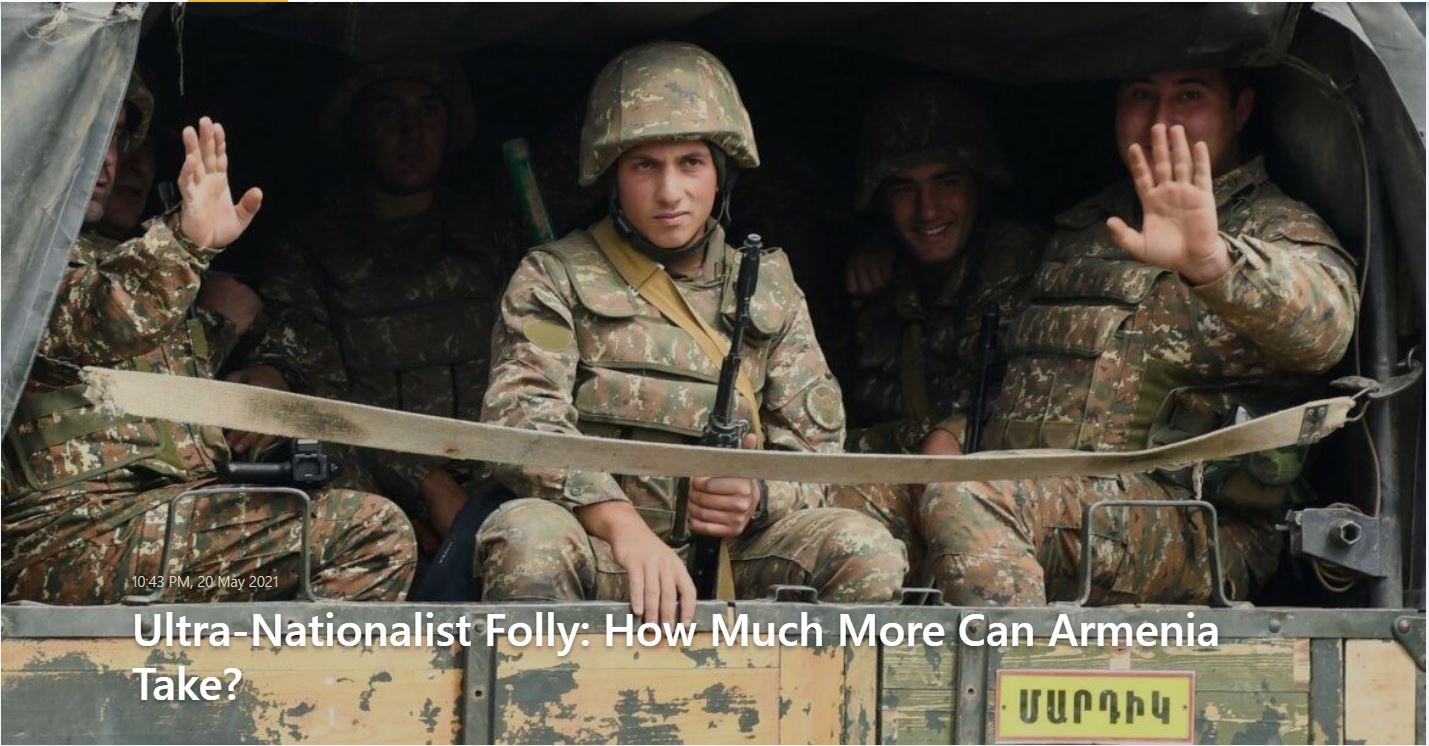Markar Melkonian`s latest article on Armenia

Markar Melkonian, the brother of the late Monte Melkonian, an international terrorist who was killed fighting in Karabakh in 1993, has made much of a noise with his recent article published at Hetq.am where he castigates Armenian elites and the society at large for multiple delusions and refusal to soberly assess the true capacities and international standing of Armenia vis-à-vis Azerbaijan and Turkey. Very much like the established critiques of the Armenian intransigence, ex-President Ter-Petrosian and U.S.-based scholar Jirayr Liparitian, Melkonian rightly claims that radical Armenian nationalism has deprived the small country of opportunities for normal development in the 21st century. Moreover, there is one point in this text which deserves special attention.
Being a leftist, Melkonian calls the Armenian elites “capitalists” and claims that numerous political parties are mere puppets of various oligarchs serving their interests and trying to gain ground by taking an even more intransigent and belligerent position on Karabakh and Turkey. He adds that the masses, the simple men of the country are deprived of any representation and only tempted to support this or that populist for his patriotic credentials. This is a rarely made point which, however, makes the level of popularity of Nikol Pashinyan much more understandable. Indeed, the leader of the Velvet Revolution managed to turn into such a voice of simple people who instinctively trust him more than a well-established politician. That’s why he remains popular even after the catastrophic end of the war and ensuing statehood crisis Armenia has fallen into. Such an approach also makes us re-estimate the genuine motivation behind the seemingly irrational militant nationalism of almost all Armenian politicians. It also means that the electoral chances for Pashinyan are much better than what we can think based on the monitoring of the country’s media, activists and “civil society” which often gets represented by still other agents of the oligarchs.







